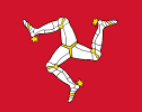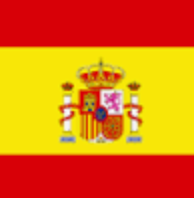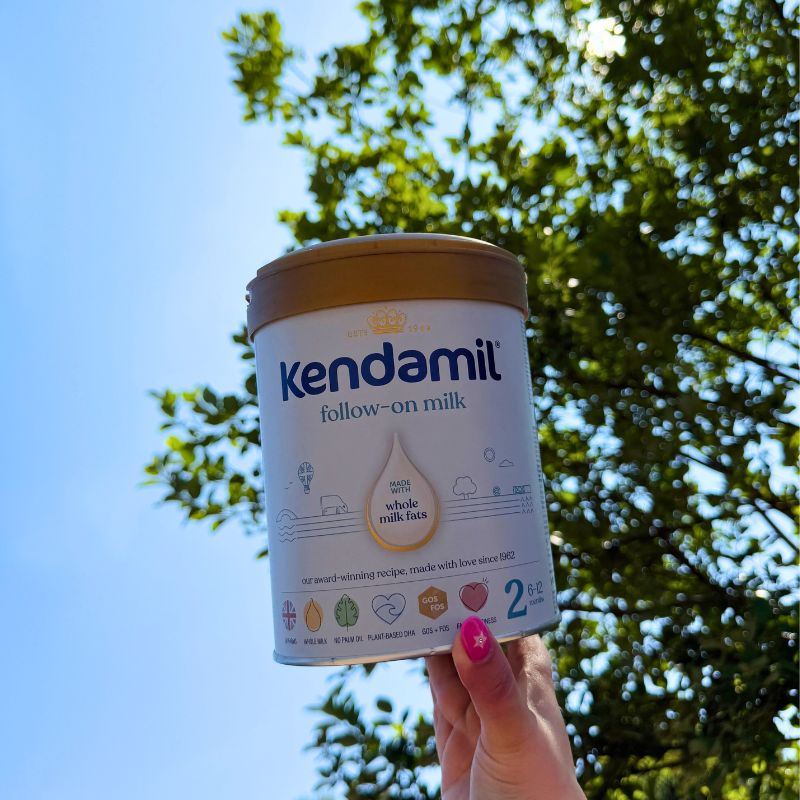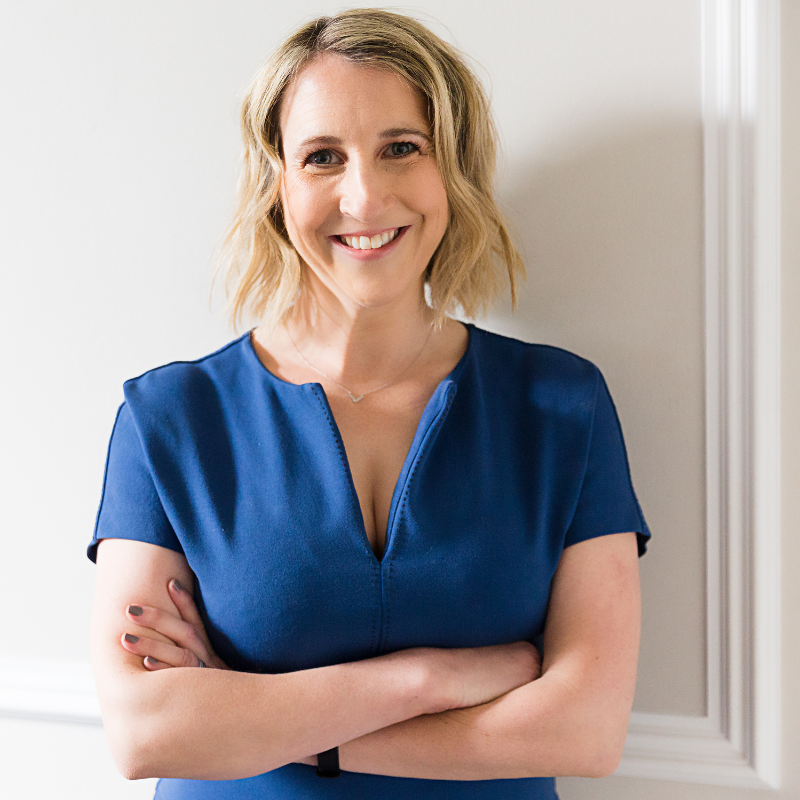You are put under so much strain physically and mentally during pregnancy and labour, so it's no surprise the body and mind needs time to heal and recover after such a life-changing event. Here we have all the do’s and don’ts to get you back up on your feet and feeling more like you again.
Your emotional well-being after childbirth
Those precious moments after labour when your baby is finally in your arms have you on a high (quite literally you are high on Oxytocin). But as this starts to wear off and your progesterone and oestrogen hormones drop you might find yourself very emotional during those first few days. Coping with postpartum hormonal changes can be upsetting for you and worrying for your partner, but be kind to yourself and know that this phase does normally pass as your hormones start to regulate again. If you find yourself anxious, tearful or a bit down two weeks after birth, it could be a sign of postnatal depression. Always seek help. Pandas Foundation is a great place to start.
New mum sleep tips
Another challenge you will find yourself up against is sleep deprivation, usually the first thing other parents love to warn you about! As baby is waking every few hours for a feed, it can be very difficult to get a full night's sleep, especially if you are breastfeeding. Here are some tips to help with sleep deprivation:
- Snooze When Baby Does: Those chores can wait, if the baby’s napping, you should try to as well. Set an alarm if you’re worried about oversleeping - even 20 minutes can be transformative!
- Go For An Early Bedtime: Try hitting the sheets a bit earlier, or if you’re not ready for sleep at an earlier hour, chill in the bath or take time to fully decompress.
- Share The Nights: Bottle-feeding? If you have a partner who is able to help with the night feeds, take turns to do a feed each so you get more hours of sleep consecutively.
- Ask For Help: There’s absolutely no shame in asking for help. Ask friends or family to babysit so you can make time for a quick nap.
- Move It: Feeling groggy? Exercise might be the last thing you feel like doing, but even a short walk might give you more energy and help you sleep better. If you had a straightforward birth, you can start gentle exercise as soon as you feel up to it, but it’s usually a good idea to wait until after your 6-week postnatal check.
- Chill Out: Quick relaxation exercises help and only take 10-15 minutes. Even just deep breathing can give you the reset you need.
- Avoid Stress: Easier said than done, we know, but stress is draining so if you can find a way to handle it, you'll handle sleeplessness better.
Postpartum recovery tips
Postpartum healing is a journey that is unique to you. Your symptoms, difficulties and healing timeline will be completely different to others and for each birth. Factors such as complications in labour, interventions, surgery, stitches, labour length will all play a factor in how quickly you recover post-birth.
In the UK you will have a postnatal check-up with your GP at around 6 to 8 weeks post-birth. This is a great time to discuss any mental or physical health issues you’re facing. If you are struggling with pain, are worried about signs of infection in your stitches or c-section scar, are struggling to cope mentally or you’re having pain and discomfort due to breastfeeding, don’t wait for your check-up, speak to your health visitor or book yourself in to see the GP sooner.
Here are some dos and don’ts to help with your postnatal care:
Do's:
- A few days after birth you can start doing your pelvic floor exercises again.
- As soon as you feel up to it, try to go for a slow-paced walk and get some fresh air.
- Make sure you’re supporting your back when feeding baby. You’ll be feeding them a lot over the next few weeks so get yourself a comfy feeding pillow or chair setup and be mindful of your posture.
- Postpartum nutrition is very important. Eat fresh fruits, vegetables, high fibre foods and lots and lots of water, this will help with constipation when pooing, especially in those first few days post-birth. Eating well will also help with your energy levels, improve your mood and help with healing and inflammation. Baby takes so much of your nutrients during pregnancy you need to nourish your body well postpartum.
Don'ts:
- Don’t try squeezing into your pre-pregnancy clothing, they’ll feel uncomfortable and can rub against any scar or stitches. Choose soft, comfy loungewear.
- Don’t start exercising until you’ve had your 6 week check-up.
- Don’t feel obliged to have lots of visitors in those first few weeks. It can be draining and the last thing you want is to be cleaning up and hosting guests when you have yourself and baby to look after.
- Don’t neglect yourself, new mum self-care is essential to your mental recovery. A lot of focus is on the baby, but your wellbeing is important too. Caring for yourself after giving birth can mean many things, but even the basics such as showering, washing your hair and eating healthy meals can do you the world of good. Happy mum, happy baby.
- Don’t feel embarrassed to ask for help. Many women think they’re being a nuisance or making a fuss, but nobody knows your body and mind better than you, so if you think something isn’t right with YOU, get yourself booked in at the GP. Even start by talking to a close friend or family member who you trust.
Postpartum support groups:
Pandas Foundation: specialise in perinatal depression and have numerous ways you can speak to their support team; whatsapp, email, online call, social media chat. Their helpline is free.
Association For Post Natal Illness: offer chat service on their website as well as a number you can call for support and advice.
Mothers For Mothers: offer telephone support, but also help to organise groups, group trips and offer home visits.
Raising a healthy and happy baby starts with making sure YOU are happy and healthy. Taking care of yourself shouldn’t be an afterthought. If you are struggling post-birth do reach out to your healthcare provider, your wellbeing is just as important as baby’s. As is with most things, these tough times do pass and you’ll start to feel more like you again in no time.

















